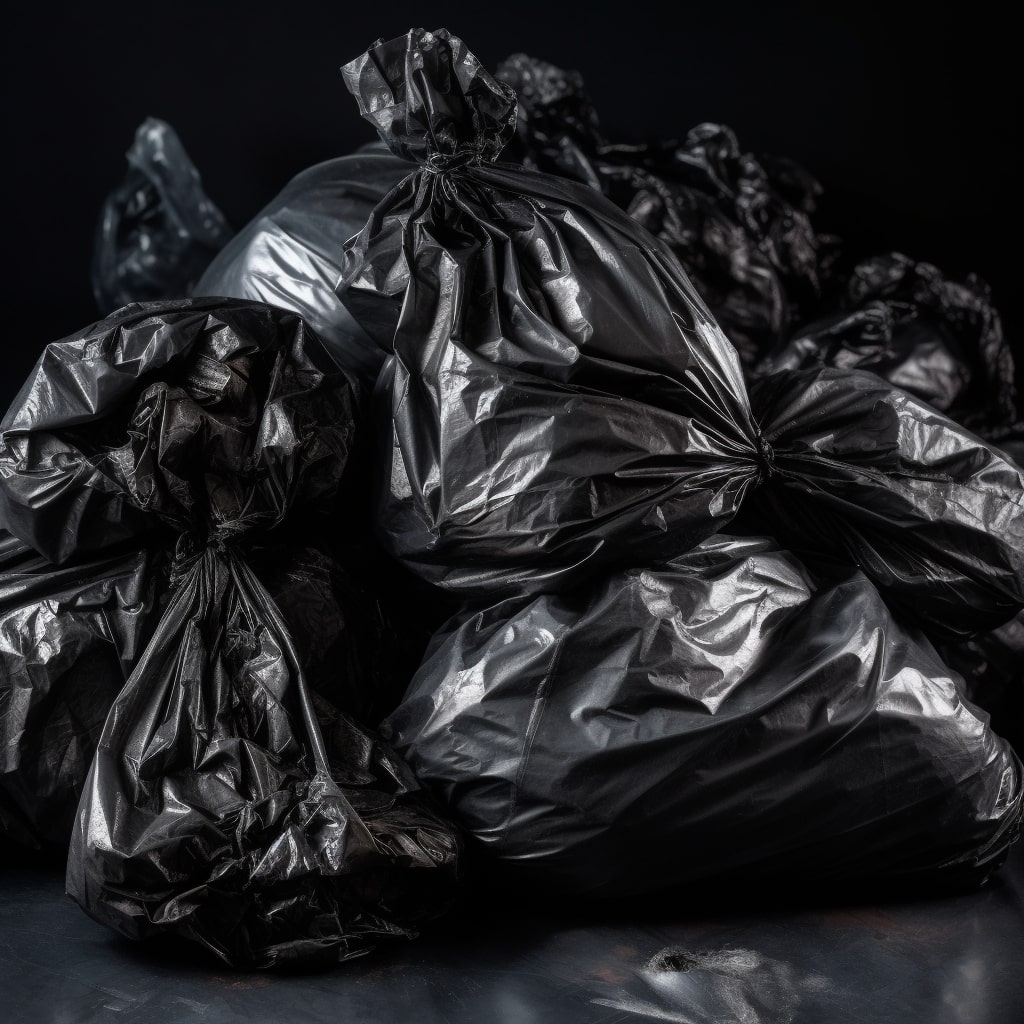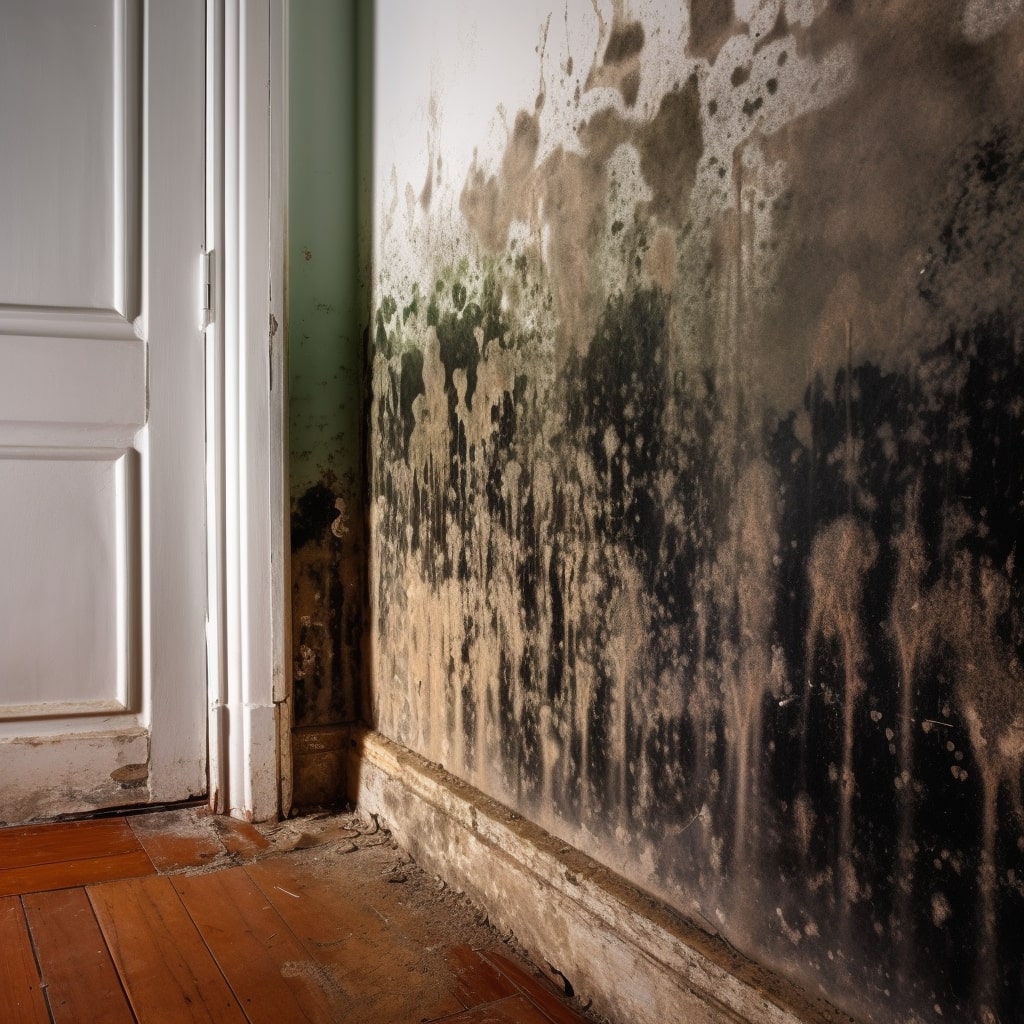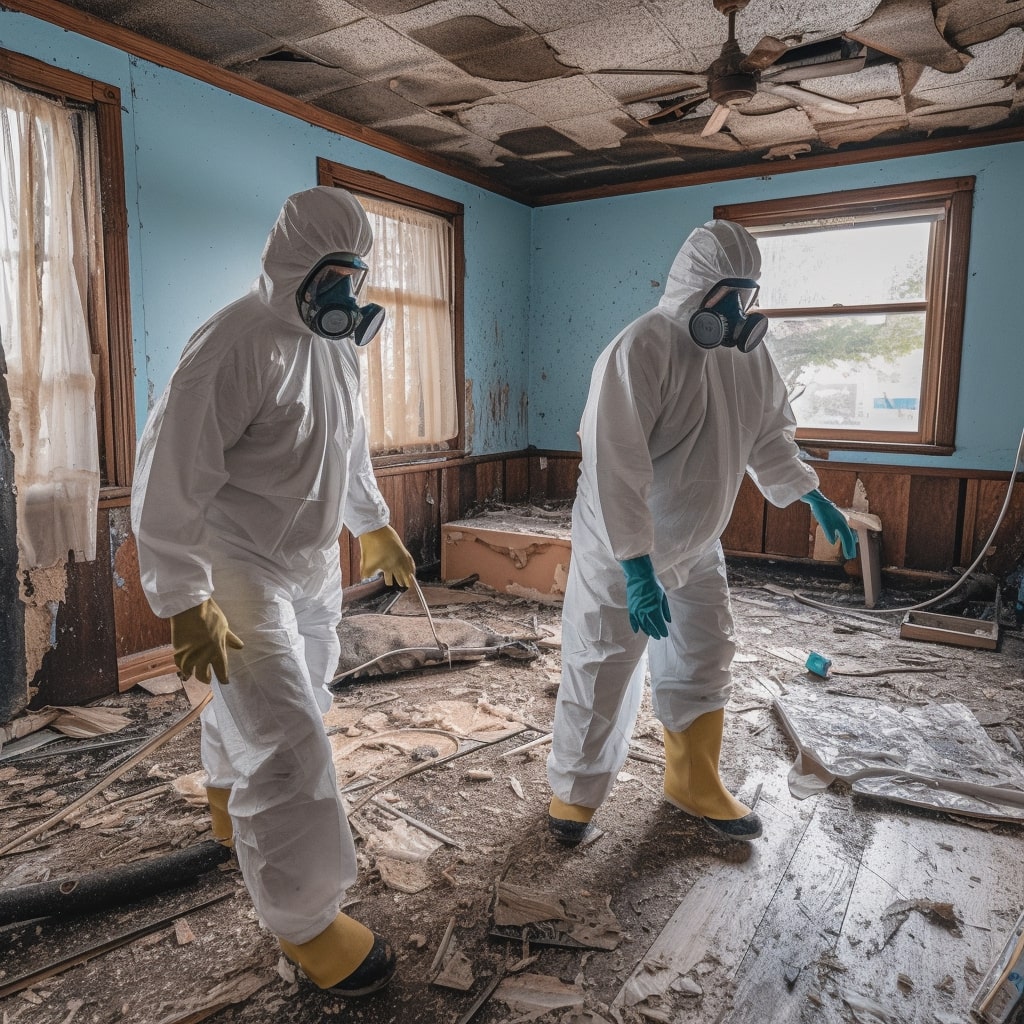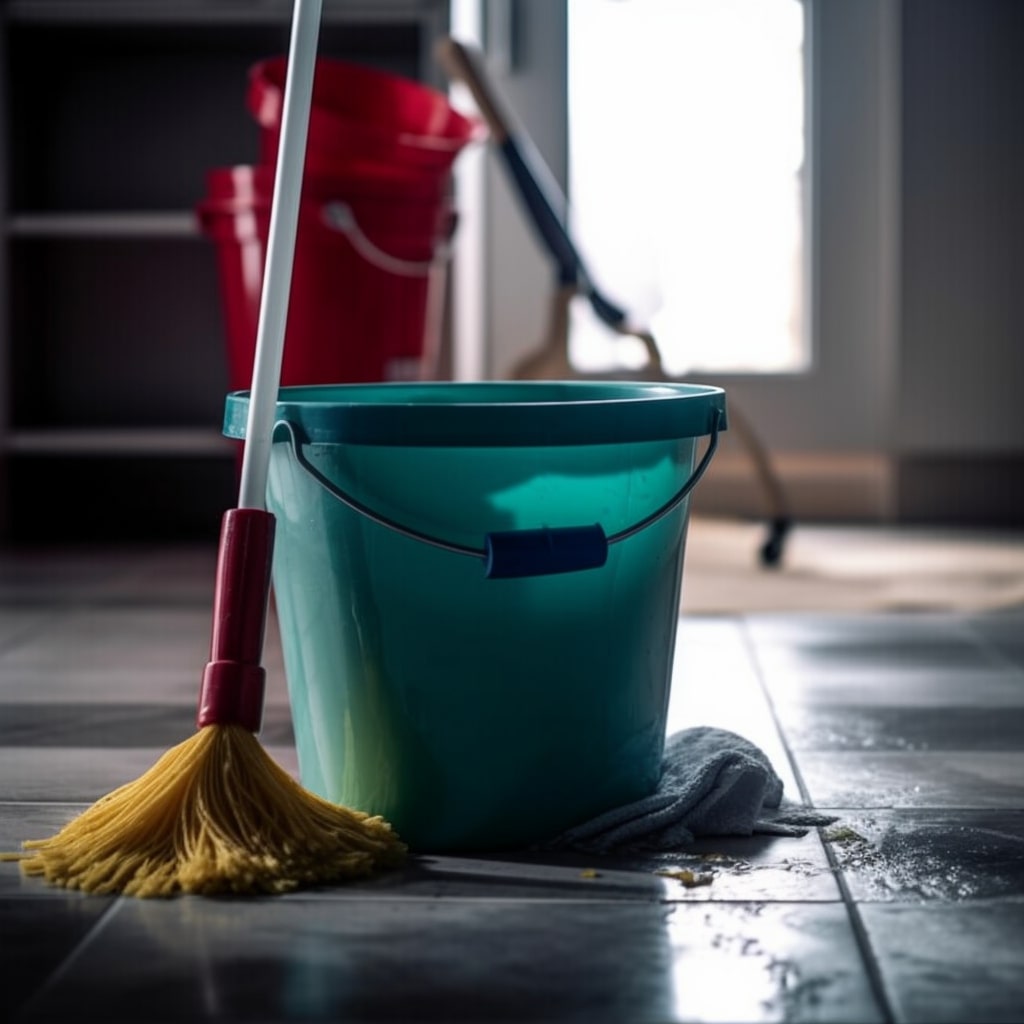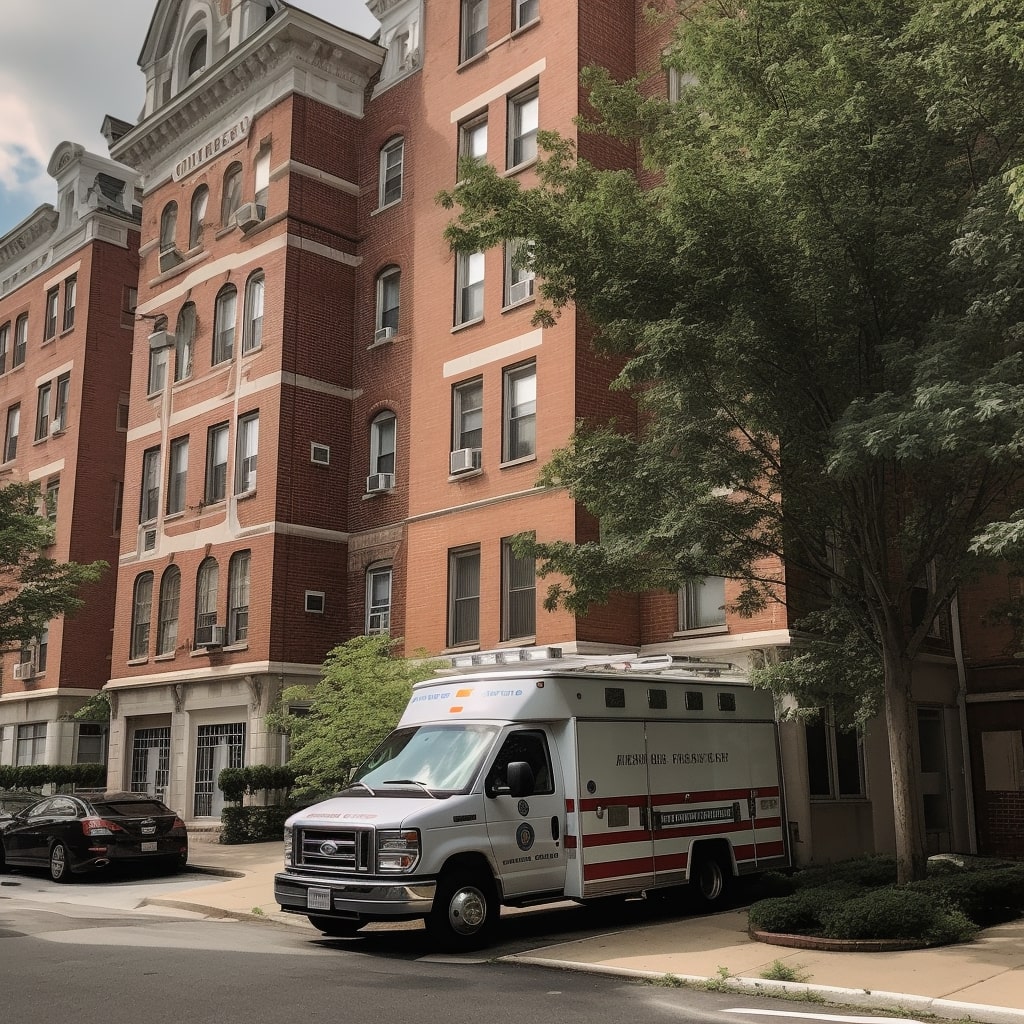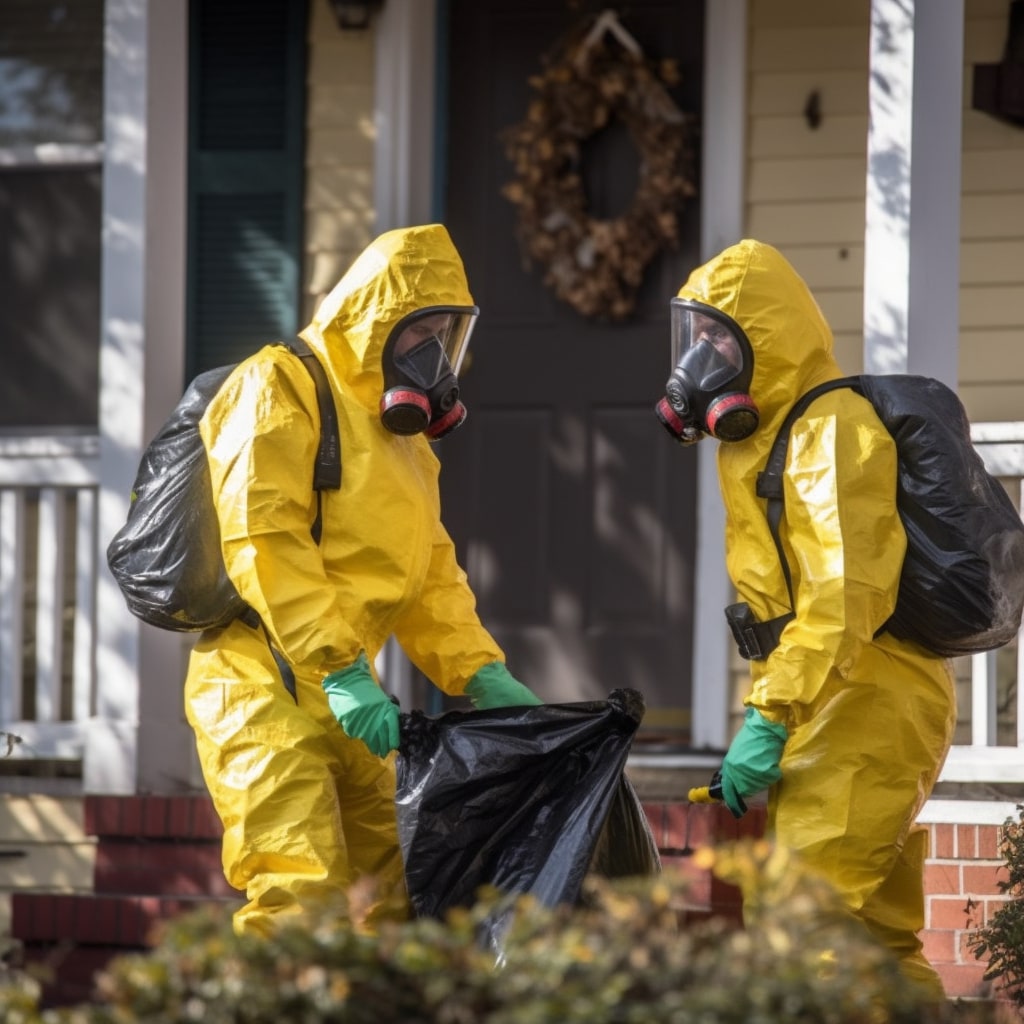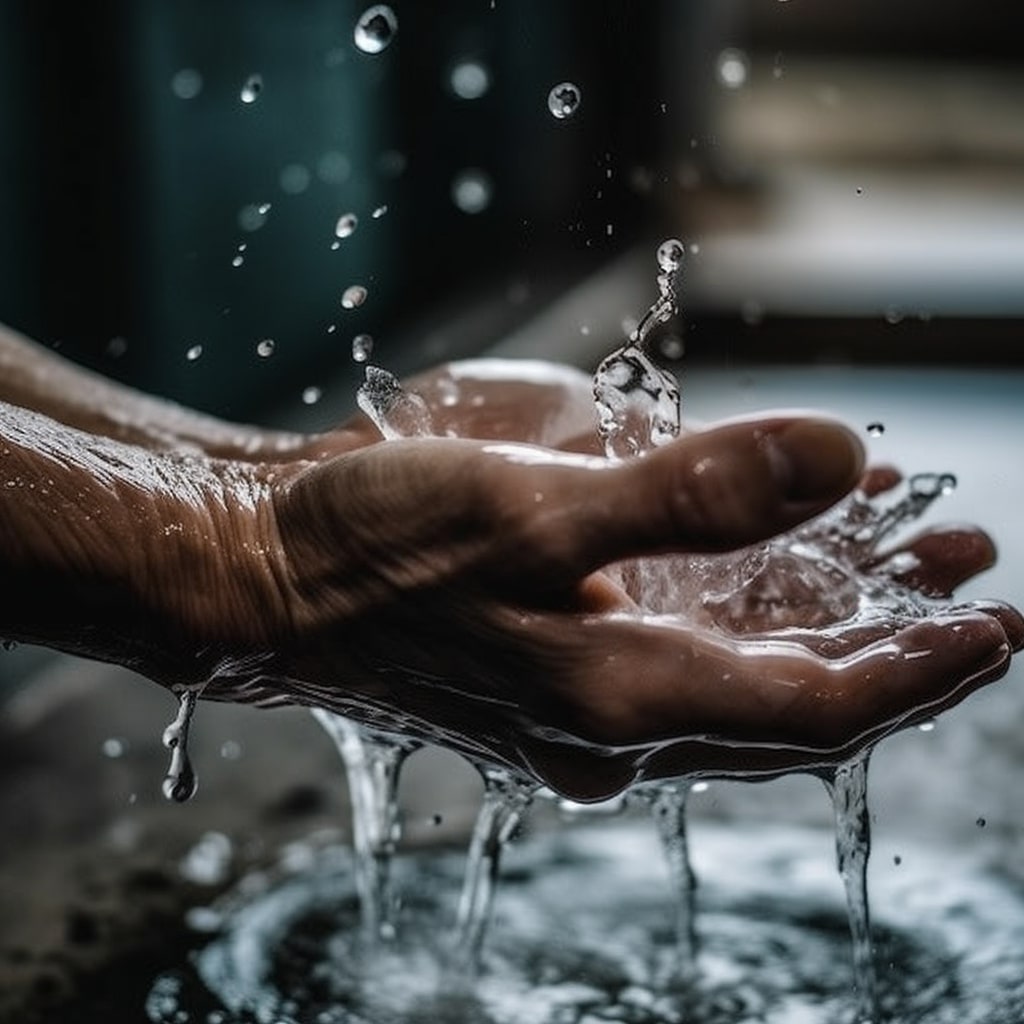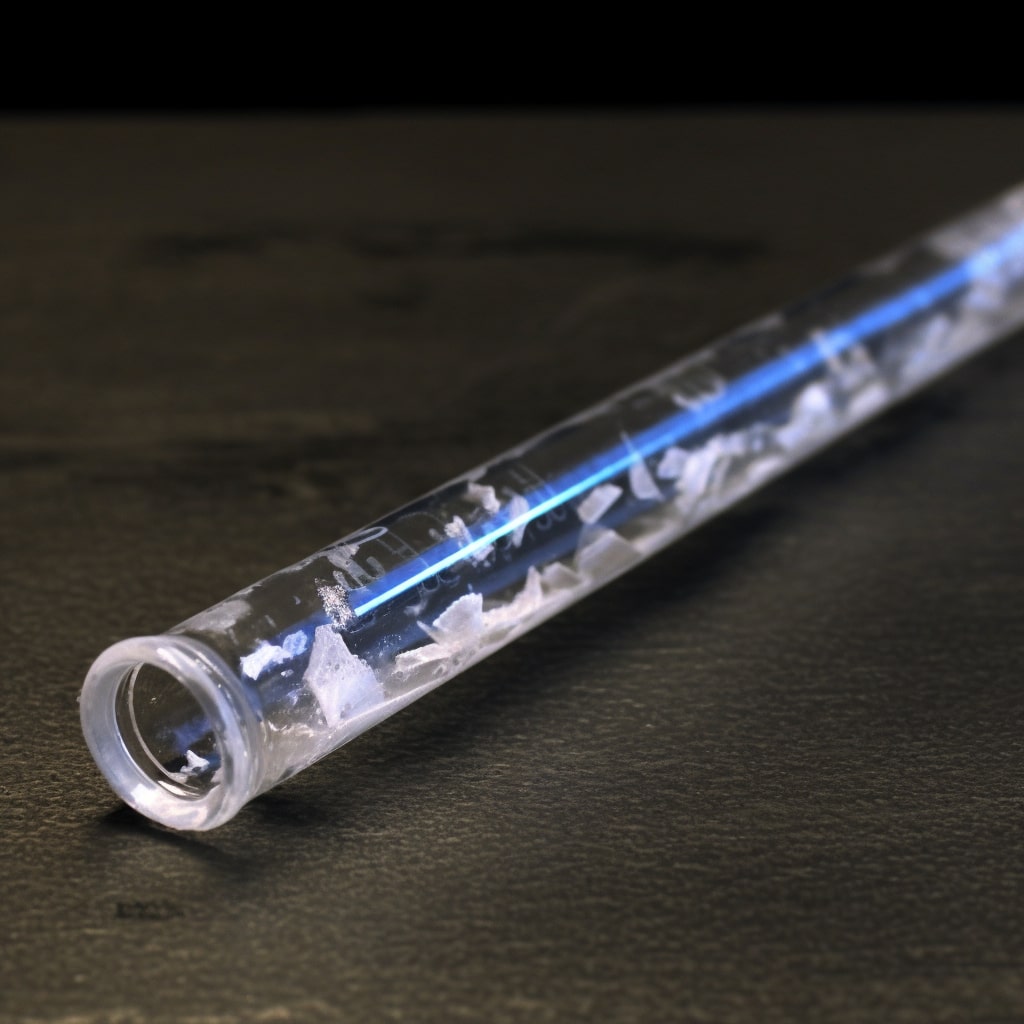Are you a landlord facing the daunting challenge of dealing with a tenant who is a hoarder, like navigating through a cluttered maze? It can be overwhelming, but it’s important to approach the situation with empathy and seek professional assistance. As a responsible landlord, providing a safe and sanitary living environment is your obligation, while tenants are expected to maintain … Read More
What Exactly Is Mold and Where Does It Grow
Marvel at the mysterious mold and its ability to infiltrate your living space without warning. This enigmatic fungus, with its fuzzy appearance and unwelcome presence, can be found lurking in the most unsuspecting corners of your home. But what exactly is mold, and where does it thrive? Prepare to uncover the secrets of mold’s origins, as we unveil the common … Read More
Why Is PPE so Important?
Have you ever wondered why Personal Protective Equipment (PPE) holds such a crucial position in ensuring your safety and well-being? It’s not just a mere accessory or an inconvenience, but rather an indispensable shield that safeguards you from workplace hazards and physical harm. From preventing injuries and illnesses to curbing the spread of infectious diseases, PPE plays a vital role … Read More
Top Contaminated Surfaces After Someone Smokes or Cooks Meth
Have you ever stopped to consider the potential hazards that may be lurking in your home? After someone smokes or cooks meth, certain surfaces can become contaminated, posing a risk to you and your loved ones. But which surfaces are the most affected? The answer may surprise you. In this discussion, we will explore the top contaminated surfaces that you … Read More
When Is a Property Deemed Unsafe Due to Hoarding?
Are you ready to step into the cluttered world of hoarding and explore the boundaries of safety? Just like a tangled web, determining when a property is deemed unsafe due to hoarding can be complex and nuanced. It’s a delicate dance between recognizing the signs of hazardous conditions and understanding the legal responsibilities of landlords and tenants. So, grab your … Read More
The Emotional Impact of Crime Scene and Biohazard Cleanup
Imagine stepping into a crime scene, the air heavy with the remnants of fear and chaos. The scene before you is a stark reminder of the tragedy that unfolded, leaving behind not only physical evidence but also a profound emotional impact. As you navigate the aftermath of such an event, you may find yourself wondering about the toll it takes … Read More
Understanding the Different Types of Biohazards
Are you ready to unravel the mysteries of biohazards and safeguard yourself from potential dangers? Discovering the different types of biohazards is a crucial step in ensuring the proper management and disposal of hazardous waste. From bacteria and parasites to mold and viruses, these biological agents can wreak havoc on human health and the environment. But fear not, for with … Read More
How Long Do Germs Remain on Surfaces?
Like tiny time bombs waiting to explode, germs silently lurk on the surfaces you encounter every day. But have you ever wondered just how long these invisible invaders can survive, ready to wreak havoc on your health? In this discussion, we’ll explore the fascinating world of germs and surfaces, uncovering the surprising lifespan of these microscopic troublemakers. From the smooth … Read More
Major Hazards When Cleaning a Meth Lab
As you step into the dimly lit room, a pungent odor fills the air, making your eyes water and your throat constrict. The scene before you is a hazardous one, a meth lab that requires thorough cleaning. But as you begin this daunting task, you realize that there are major hazards lurking in every corner. From the invisible toxins that … Read More
Classes of HAZMAT Materials
Are you familiar with the different classes of HAZMAT materials and the potential risks they pose? You may have heard theories about the dangers associated with these hazardous substances, but have you ever wondered how accurate those theories really are? In this discussion, we will explore the truth behind these theories and shed light on the specific characteristics of each … Read More

